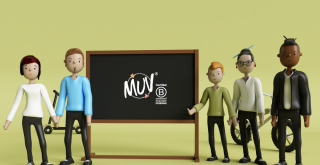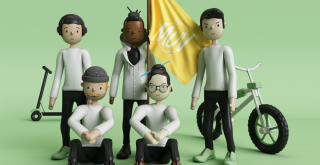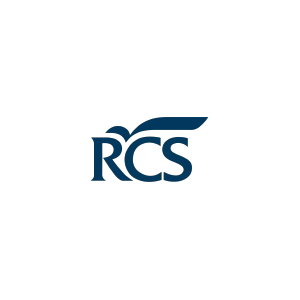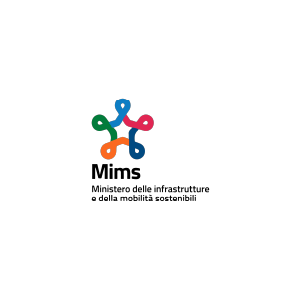30 October 2020
Biking, e-scootering, walking, car-sharing are some of the behaviours that promote sustainable corporate mobility in home-work travels. Here we deepen the concept, analyze the current social and economic context and examine the business environment.
2020 has shown us the importance of the impact generated by our mobility habits.
In this article, we have deepened the risks of a sedentary lifestyle, the effects of pollution on our health and our planet and its correlation with the coronavirus.
Even before the Covid-19 emergency transportation was the fastest-growing cause of greenhouse gas emissions. Governments imposed measures to encourage the slowdown of the virus, populations were consequently confined to their homes with an expected decrease in daily global CO2 emissions.
A survey by ClinOw assessed the impact of the COVID-19 lockdown on the concentrations of the main air pollutants in the urban area of Palermo (Italy). The investigation covers the period from 1 January to 31 July 2020. The trends in the average concentrations of CO, NO2, O3, and PM in the air were compared with the corresponding average values detected at the same monitoring stations in Palermo during the previous five years (2015-2019). During the lockdown period (10 March-30 April), we observed a decrease in the concentrations of CO, NO2, and particulate matter (PM), calculated to be about 51%, 50%, and 45%, respectively.
The challenges of sustainable mobility in the near future.
Forecasts for the end of 2020 stated that the coronavirus crisis could trigger the largest ever annual fall in CO2 emissions in history. History shows, however, that after every major economic crisis, emissions tend to grow steeply (-1.4% in 2009 and + 5.1% in 2010).
Recent specific surveys tell us that we are back to pre-covid traffic levels. The problem is that today many people work from home. What will happen when everyone goes back to work physically?
How we respond to COVID-19 will undoubtedly shape the decade to come. So what are the main challenges ahead and how will business navigate them in the long term?
Today the real challenge is to drastically rethink the experience and values of living and moving around the city.
But how can sustainable and safe mobility be turned into an incentive experience? Let’s take a step back and try to deepen this term.
What does sustainable mobility mean?
Sustainable mobility means a set of solutions that can minimize environmental impact, maximizing efficiency, intelligence and speed of travel.
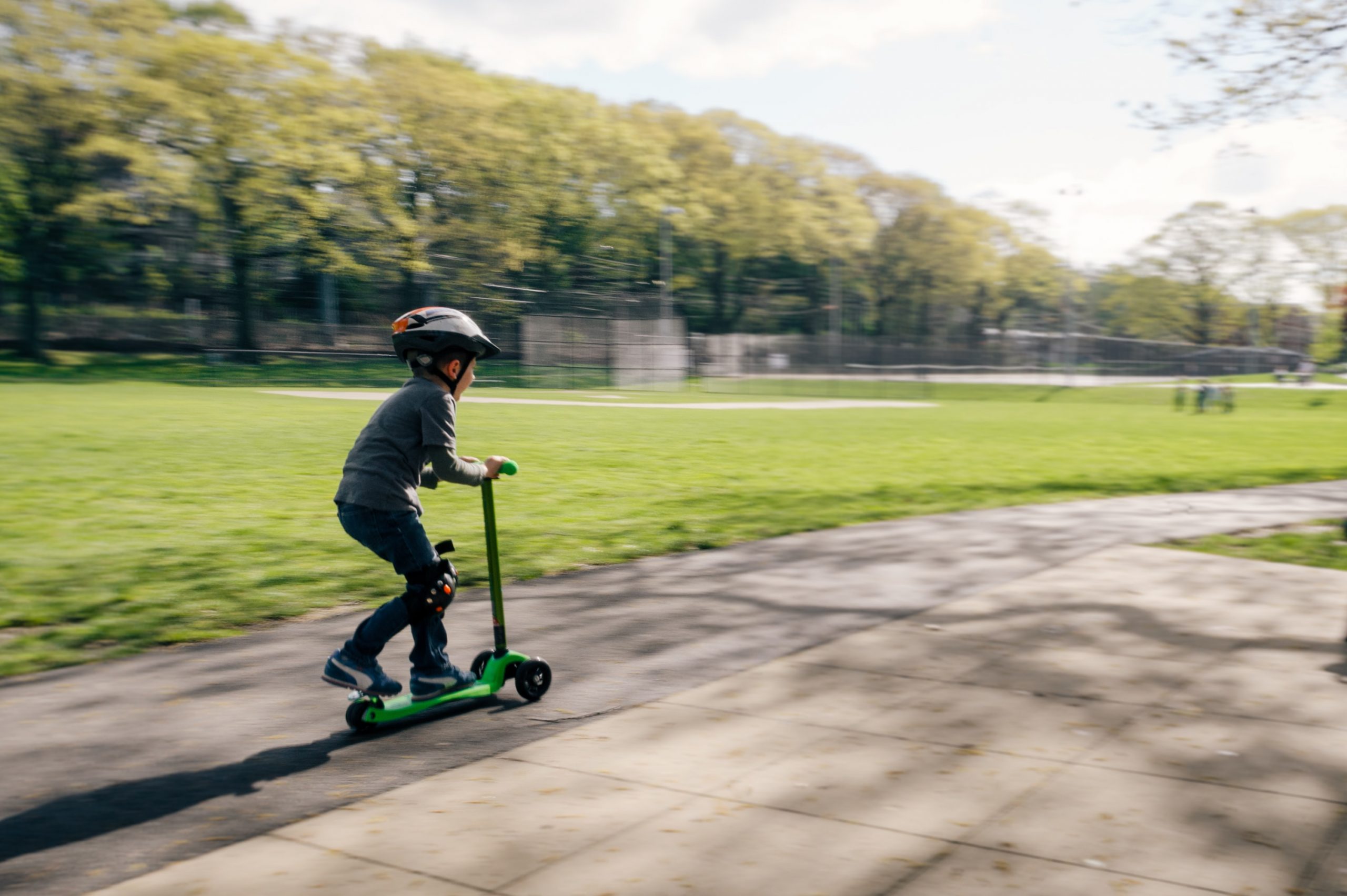
The World Business Council for Sustainable Development defines it this way:
Sustainable mobility means allowing people to move freely, communicate and establish relationships without ever losing sight of the human and environmental aspects, now and in the future.
Simply by introducing more sustainability into the way we move. How? By using eco-friendly, alternative and shared means of transportation. Walking, cycling or scooter riding, using public transport, car-sharing or carpooling over private cars. Soft mobility brings broadly transversal benefits on the livability of cities and our well-being. For example, improving health, protecting the environment, saving money, improving sociality and creativity.
Efficient urban mobility is closely connected to sustainable mobility for business.
At the head of corporate mobility management is the role of the Corporate Mobility Manager.
Corporate Mobility Manager‘s main task is to draw up a Home-to-Work Travel Plan, intending to reduce the use of promoting more sustainable travel options, reducing the need for employees to travel alone by car.

Let’s provide an overview of what a Home-to-Work Travel Plan is.
This Plan is a long-term management strategy for a Company that seeks to deliver sustainable transport objectives through positive action and is articulated in a document that is regularly reviewed.
The objective of a Home-to-Work Travel Plan is to promote more sustainable travel options, reducing the need for employees to travel alone by car.
Let’s see the main steps in workplace travel planning:
- Review of travel patterns and policies towards an employee travel survey
- Identify and implement actions aka turning survey results into an action plan
- Monitor the action plan
- Come up with specific and tailored solutions, leading to a culture of more sustainable travel.
MUV supports you in the planning of the movements of your community: discover more.
All over Europe, from Spain to Italy, Germany to the Netherlands, national laws and local measures have been introduced to foster the adoption of Corporate Mobility Managers to make traffic flows more efficient, safe and decrease pollution.
Of course, good cycling infrastructure and public transport provisions are necessary conditions for company travel plans to be effective. But there are many other things that public authorities can do to encourage and support companies in their quest for more sustainable mobility. Simply promoting the company travel planning approach requires no investment costs or complex technology and can have a significant impact on travel behaviour.
The Corporate Social Responsability
Corporate social responsibility, also known by the acronym CSR, has become a fundamental pillar in corporate growth strategies, from startups to multinationals.
51% of employees do not intend to work for a company that does not show a strong social or environmental commitment.
Source: The state of Employees engagement Report, WeSpire 2018.
Today, those born between 1981 and 1996, better known as generation millennials, make up the majority of the world’s population and choose, as consumers, companies that express their commitment and responsibility on environmental issues.
On the other hand, companies build an excellent reputation with positive impacts on sales and employee performance.
There are many ways in which a company can do corporate social responsibility. Among the best known are environmental certifications, the reduction of water and electricity consumption, the use of products with low energy impact, but surely sustainable mobility is becoming more and more important and will be the protagonist of the next decade.
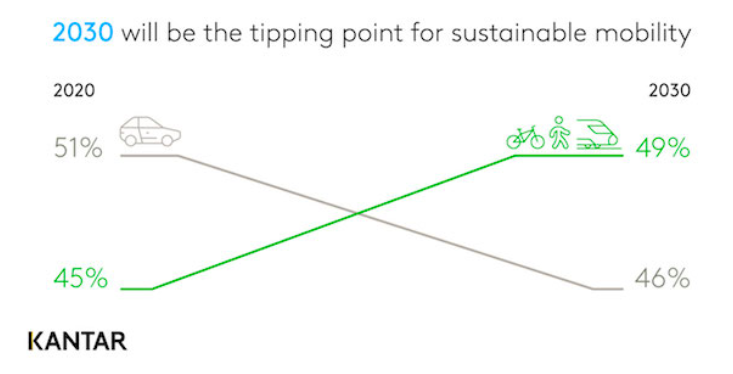
Companies need to become aware that promoting sustainable corporate mobility also means rethinking a new organizational dimension of business and work.
MUV turns sustainable mobility into a Sport.
MUV encourages responsible and healthy behaviour, measures progress by certifying the reduction of emissions of CO₂ and, thanks to the data collected, allows to co-create mobility plans for organizations, companies and institutions.
During the long experimentation of MUV we recorded an average reduction of CO₂ emissions of 32% by active users in their home-to-work trips.
MUV is an entertainment platform that, through new “levers” and incentives, generates new motivations and leads to a change in mobility habits. A serious-game that wants to change the perception of daily mobility, turning it into a Sport. While employees play and challenge each other between tournaments and competitions, MUV collects information and data on environmental impacts useful for the preparation of sustainability reports. Meanwhile, the company increases brand reputation, communicating to the outside world its commitment to the environment and the planet.
We define it Sustainament: Sustainability and Entertainment.
We must act and try to take advantage of this moment of openness to change and therefore invest in mobility. Invest in travel deemed necessary (home-work, home-school travels). Invest in the health of employees and students, their comfort and community development.
Discover how to play with MUV to encourage safe and sustainable corporate mobility.
Build your Corporate Mobility Plan with MUV.
